
2256 Bench Vise Plans Solutions Woodworking furniture, Learn woodworking, Woodworking
Step 1: St. Andrew's Cross On many traditional workbenches the chop is held parallel with a sliding wooden guide which is shot full of holes. The worker must place a pin in the hole closest to the bench when the vise bottoms-out. This procedure can get tiresome after a while.

LEG / POST VISE (now van be called blacksmith Vise) Dimensions/ weight Blacksmithing, Vise
How to Make a Wood Vice As is the case with most projects in the shop, learning how to build a woodworking bench vise can be as easy or challenging as you want to make it. I would break down this project into: Modifying a metal vice; Repairing a used vice; Buying and building a kit; Building a vise from plans. Modification

HOW TO DRAW A VISE YouTube
kiefer · Mar 9, 2014 · Updated Sep 19, 2022 · bandsaw clamp drill press drill-driver jig planer sketch tablesaw vise workbench Journals Projects Workshops Reviews Project Information Here are a couple of sketches I drew up to show the internal locking mechanism of the Kiefer Leg Vise
Wood leg vise screw Backyard arbor
A leg vise moves via a single screw with a pinned sliding guide rail to maintain parallelism. The guide-rail pin rests against end-grain hard-maple pads that prevent compressing the softer alder leg of this bench. * The pin and sliding guide rail keep the jaw parallel for even clamping force. Reposition the pin for the workpiece you're clamping.
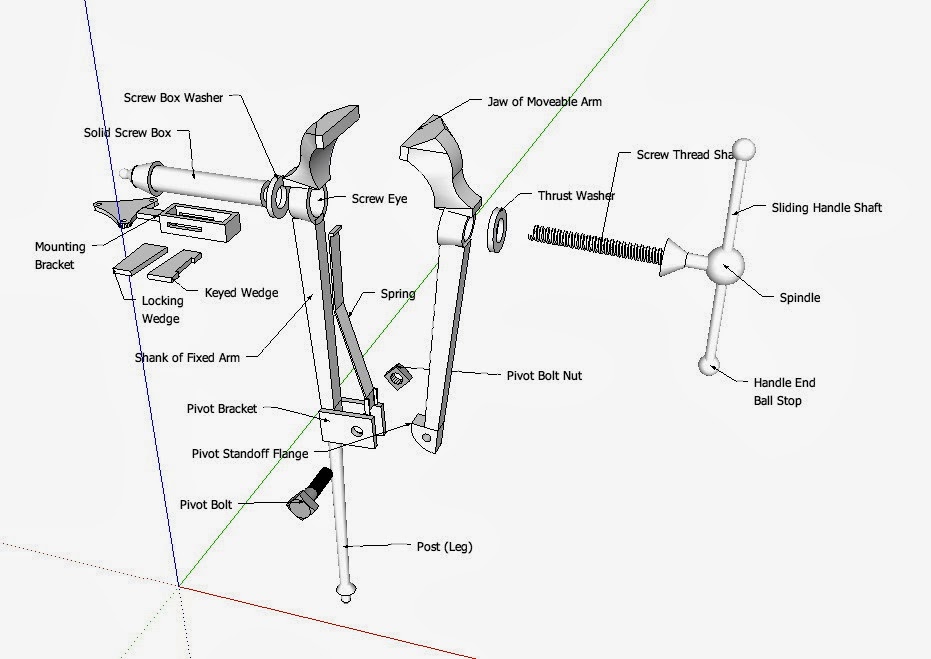
Persimmon Professional Blacksmithing Post Vise Diagram
Leg vises typically use the left front leg of the bench as the rear jaw of the vise. The screw of the vise was either threaded into the leg or a separate wooden vise nut was attached to the bench leg. In some instances the leg vise is mounted on sliding rails on the bench face to allow it to be moved to the most advantageous location.

Traditional Workbench Bench Screws [Vise] Woodworking vise, Woodworking apron, Woodworking
The leg vise is perhaps the most unusual feature of this circa 1768 workbench. As shown in Plate 11, the vise has neither a parallel guide, nor a garter. Also unusual: the vise's jaw is quite close to the floor. When I built this vise, I had misgivings about missing these features - the parallel guide and garter - I am so fond of.

Leg Vice
The Leg Vice - Simple & Heavy Duty by Richard Maguire | Aug 24, 2012 | 9 comments Leg Vice (De-)Evolution I've spent a lot of time lately developing Crosses and Shafts for a pin less leg vice. So it's been easy for me to loose sight of just how good the simple original really is.
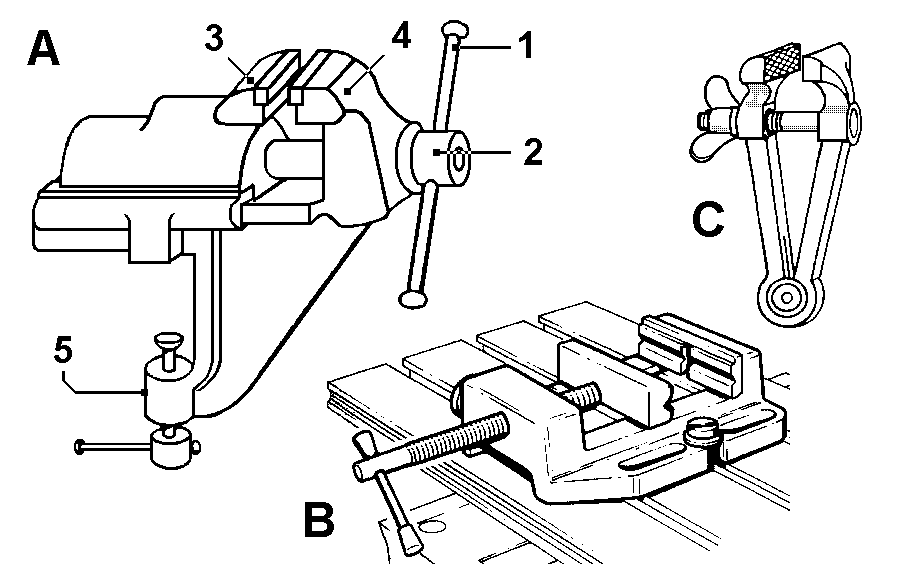
A Guide to Vises
A technique that is less commonly seen than the parallel guide is featured in the workbench below and uses a simple wooden rod that bears within a hole through the bench leg.

DIY Garden Bench Ideas Free Plans for Outdoor Benches Diagram Line Diagram Bench Vice
Basic Leg Vise Types Before making replacement parts for a vise, it is important to determine what the missing ones looked like. In keeping with our restoration approach, we made parts of the correct style, not simply ones that worked.

How to build a workbench vise Diy work bench
Step 1: Plan / Design I played with the plan in AutoCAD for a few days. At first I didn't have the slide (I don't know what it should be called, see the picture below to see what I'm talking about). The purpose for the slide is to keep the jaws parallel so that the whole face of the jaw holds the work piece, not just the top or bottom).
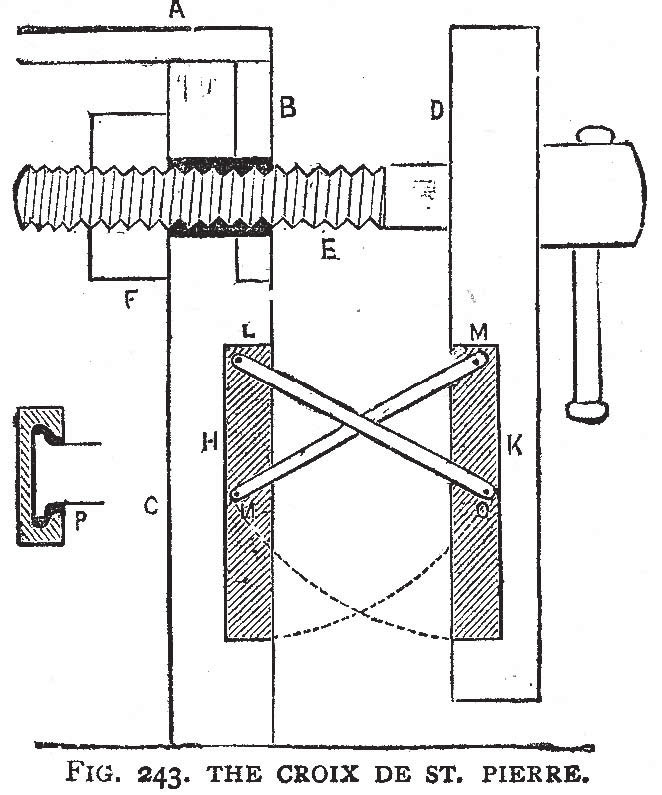
Benchcrafted to Introduce Nopin Leg Vice
The Benchcrafted Classic Leg Vise We developed the Classic Leg Vise for woodworkers who prefer the traditional look and function of classic bench hardware from the 19th century and earlier. Unlike American examples, which use a T-shaped casting and sliding wooden handle, we patterned our vise after extant French examples. The
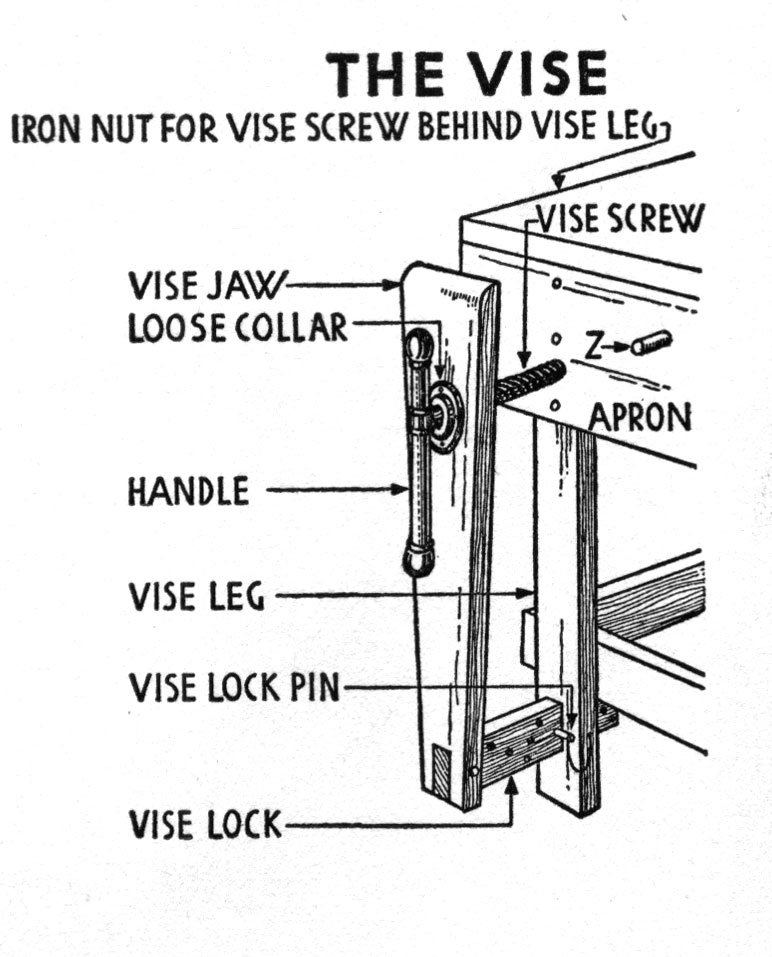
The Duke's Attic Leg Vice
Step 5: Place the Leading Screw. Drill a hole that will go through the vise and the table leg, big enough to let the leading screw pass through. When you do so, keep the vise in place and the supporting leg in the slot of the table leg. Make sure the Vise is perfectly vertical when you drill the hole. Attach the leading screw and the screw base.

Pin on Good to know
Ask Question Download Step 3: Mounting the Vise Screw Collar For this leg vise, I decided to go with a Yost 18" Vise Screw. It's plenty strong, relatively cheap, and turns easily. I mounted the vise-screw's collar to the rear of the leg using four 3" #14 screws.

KIEFER LEG VISE DIAGRAM SKETCH by kiefer woodworking community
To use it, simple grab the piece you're wanting to hold in the vise. Close the vise until it makes a little bit of contact at the top. Then, use your foot to kick in the wedge until it engages with the vise at the bottom. Then, turn the handle of the vise about another 1/8 turn and it will be very solid.

How to make a leg vise for the workbench. DIY leg vice YouTube
I made a traditional woodworking workbench with just over $100 in materials recently, and this leg vise is the perfect holding solution. It is massive and op.
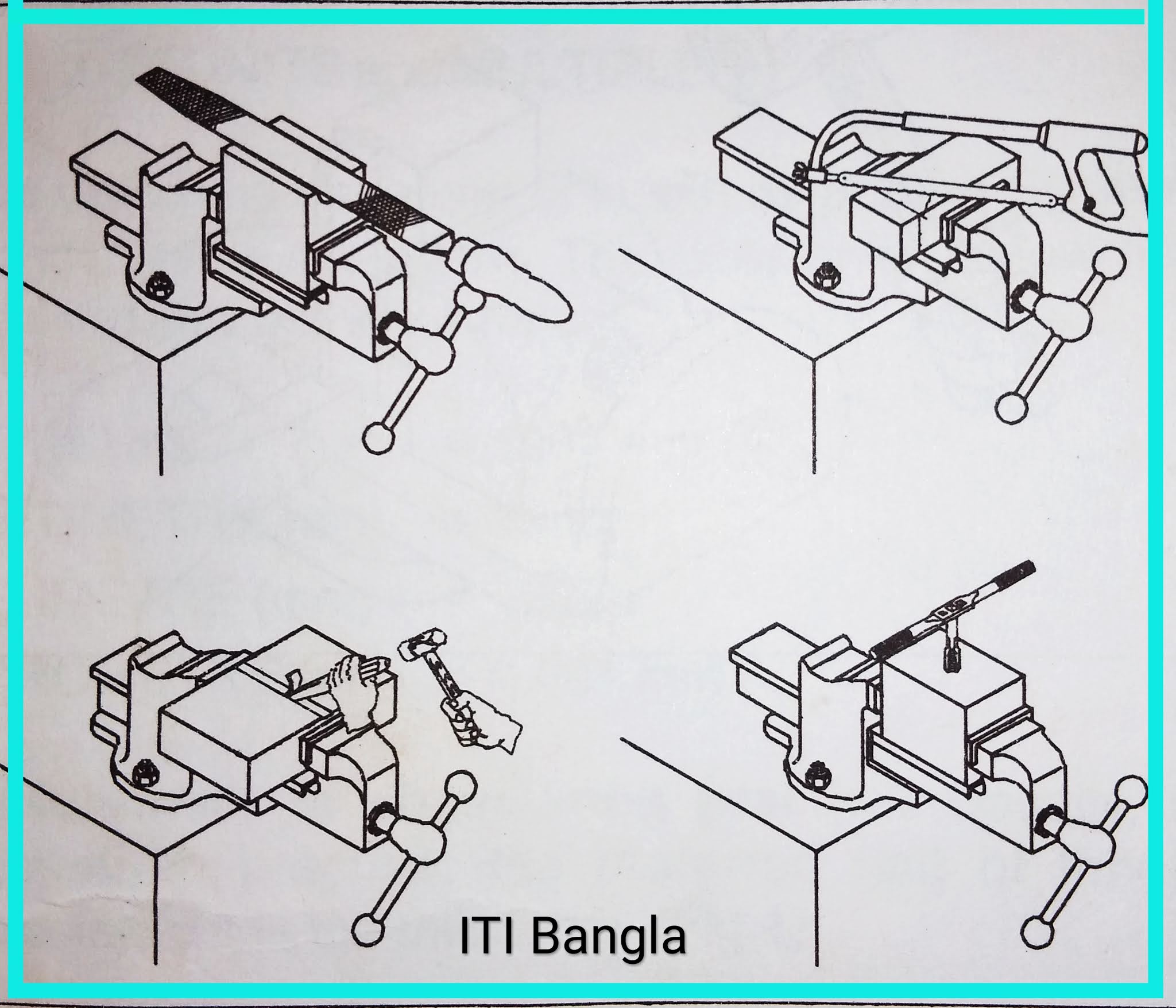
Types of Vices, Bench Vice, Machine Vice, Pipe Vice, Hand Vice, Leg Vice, Pin Vice,Tool Maker Vice.
SHAPING THE LEG VISE: Next up was shaping the leg vise a bit. To do this, I chose a spot a little above halfway up and then a place about 2 or so inches in from either side at the bottom, struck a line and cut that out on the bandsaw. Then, I took the entire leg vise over to my miter saw and cut the top front face of it about 2/3 of the way.